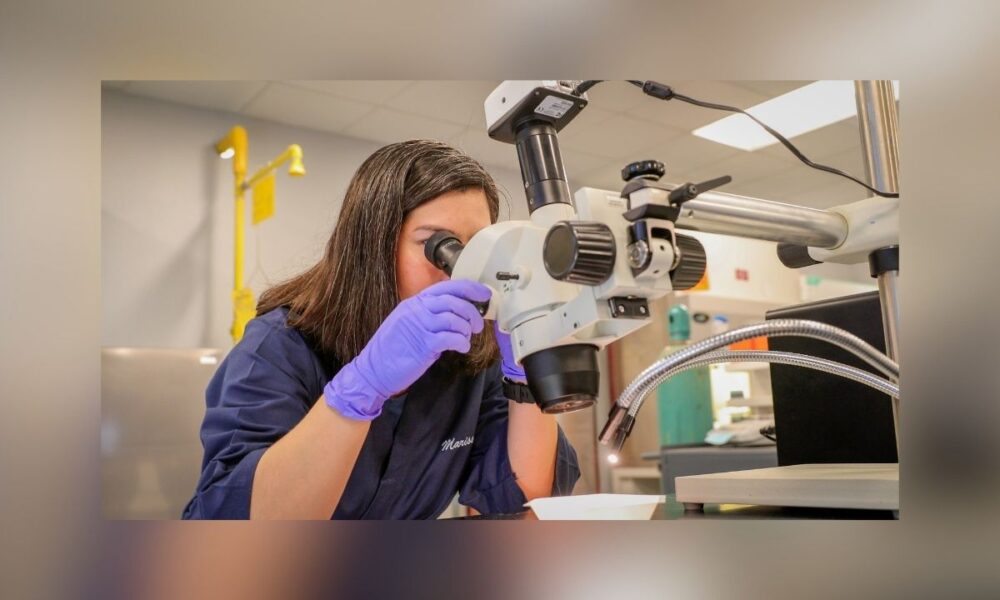The Texas Department of Public Safety recognized its Crime Laboratory Division during National Forensic Science Week, highlighting the forensic team’s processing of over 115,000 testing requests last year.
The division, which began as a single-chemist operation in 1937, now operates 16 accredited labs with 711 personnel across Texas.
The recognition comes as Texas forensic scientists play an increasingly vital role in solving crimes through DNA analysis, toxicology testing, and evidence tracking. Recent legislative expansions have broadened their impact on public safety.
“The men and women of the Crime Laboratory Division work tirelessly behind the scenes to provide answers, support justice and ultimately protect and serve the people of Texas every day,” said Crime Laboratory Chief Brady Mills. “Their work is vital to the operations of law enforcement agencies across this state, and we are proud to be able to assist our partners in this way.”
The division’s workload reflects Texas’s vast law enforcement needs. Scientists uploaded 117,482 DNA samples to the national database during the past year, and collected 10,644 sexual assault kits statewide. Currently, 61,506 sexual assault kits are being tracked through the state’s electronic monitoring system.
The Breath Alcohol program certified 930 new operators through 63 training schools over the last 12 months. Meanwhile, since March 2022, forensic teams have tested 1,432 previously unsubmitted sexual assault kits that had been stored in evidence rooms statewide.
In July, Crime Laboratory personnel deployed to Kerr County following deadly Independence Day floods. The team identified victims through fingerprint analysis, providing closure to affected families.
New legislation has significantly expanded the laboratory’s reach. A law requiring DNA collection from all felony arrestees has generated 1,726 database hits since September 2023.
The state legislature allocated $15 million to reduce toxicology testing backlogs. The investment has helped personnel resolve nearly 7,375 pending drug analysis cases.
A pilot program now tests DNA samples in booking stations within two hours instead of the traditional 72-hour laboratory process. Two counties are currently using the rapid testing process, ahead of potential statewide expansion.
The Crime Laboratory offers comprehensive forensic services, including trace evidence analysis, digital evidence examination, firearms testing, and document analysis. Strategic lab placement ensures statewide coverage for Texas law enforcement agencies.
DPS laboratories across Texas are offering free public tours during National Forensic Science Week. Tours run through September 19 at facilities from El Paso to Tyler, with advance registration required for the Austin headquarters location.


